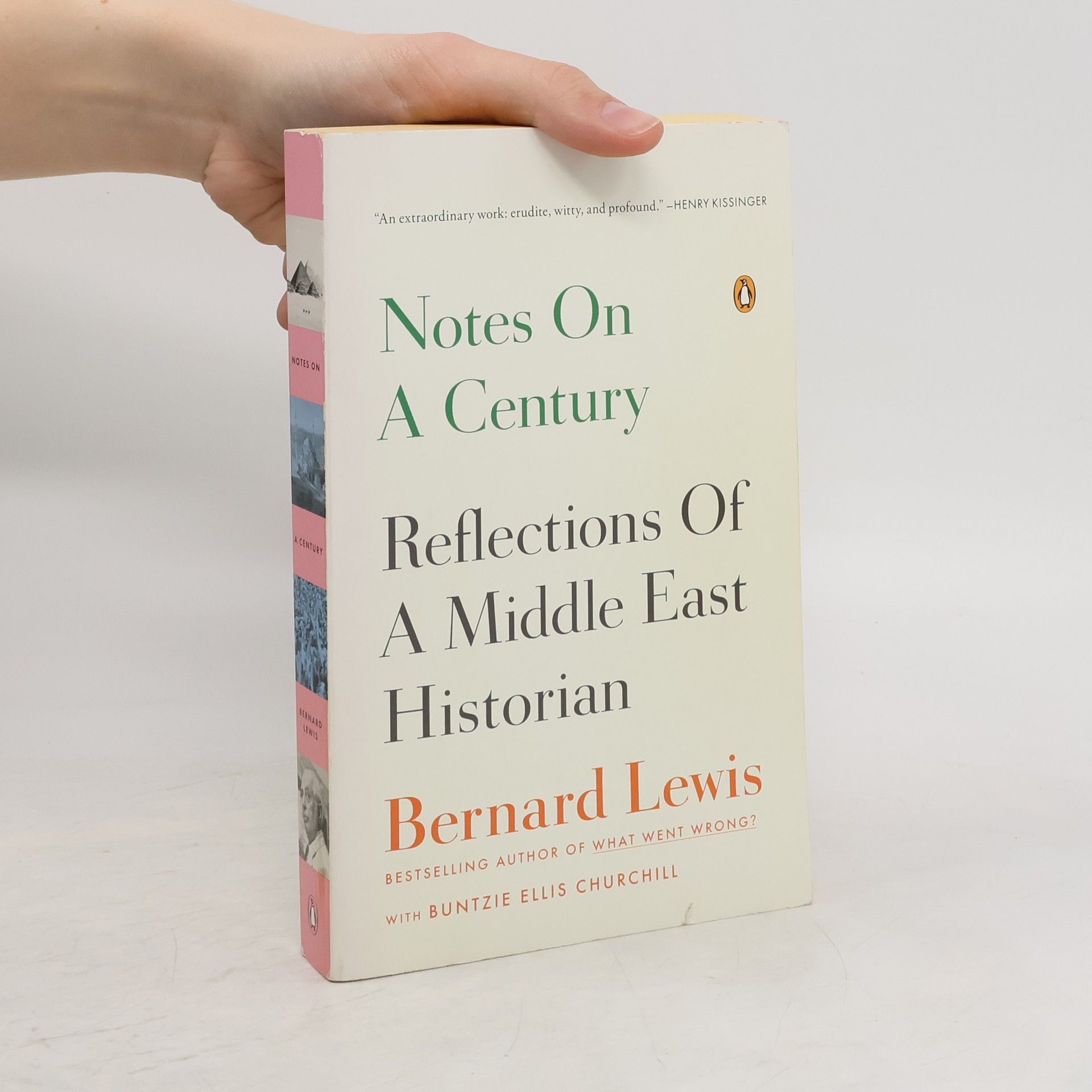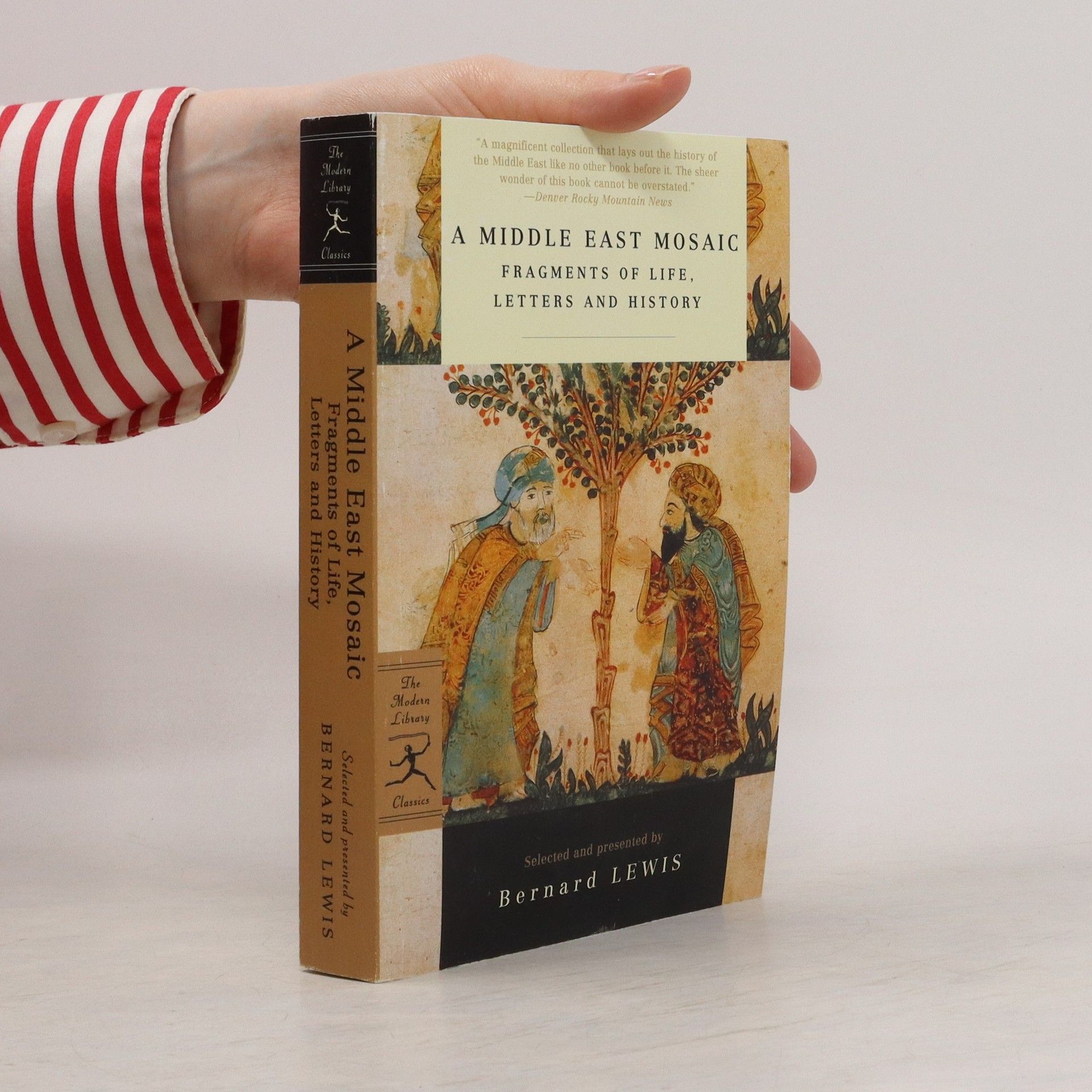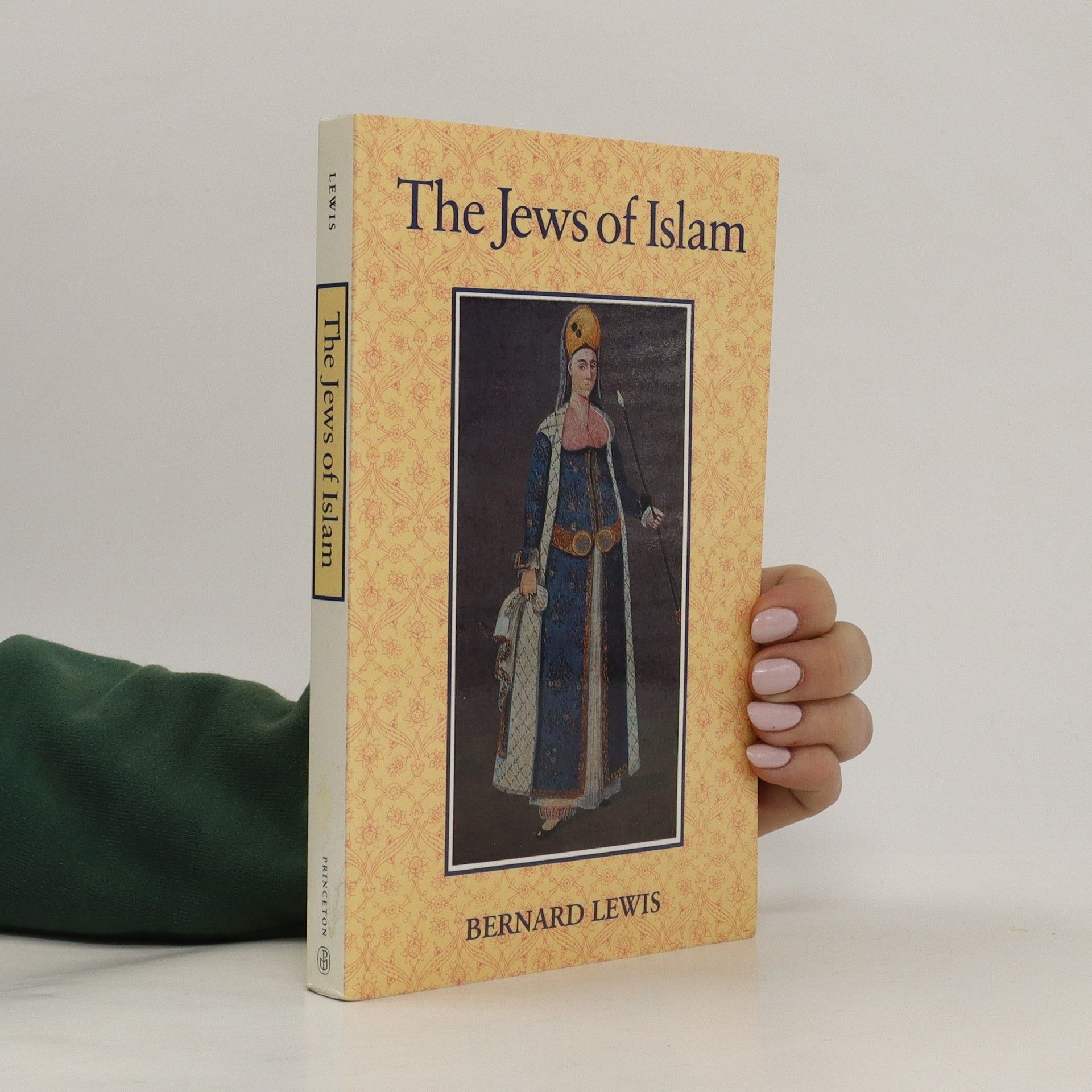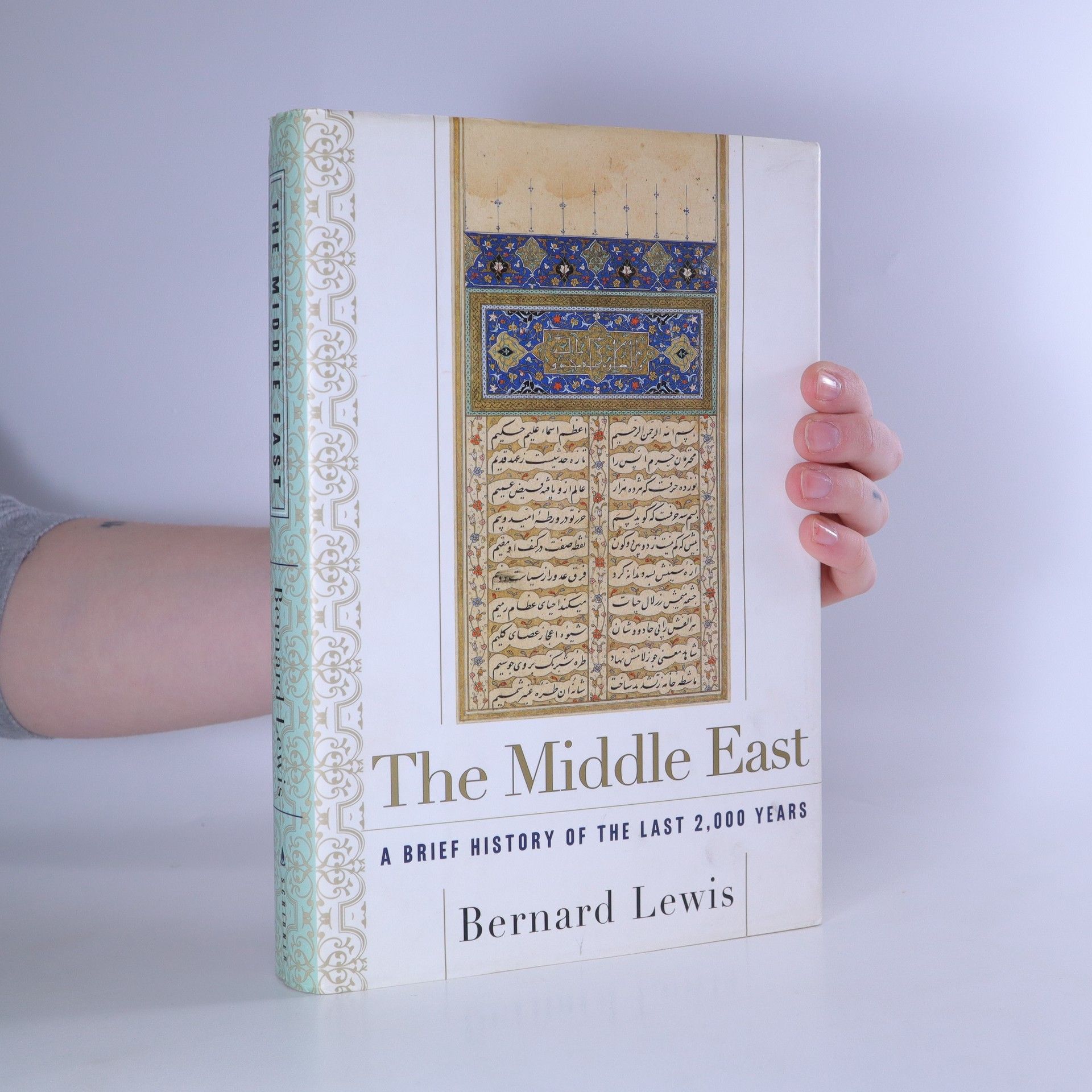Bernard Lewis Knihy
Bernard Lewis byl emeritním profesorem Princeton University a autorem mnoha oceňovaných a bestsellerových knih o Blízkém východě. Jeho díla, která získala mezinárodní uznání, zkoumají složitou historii a současnost regionu. Lewis se zaměřoval na hluboké kulturní a historické kořeny událostí, které formovaly Blízký východ, a nabízel pronikavé pohledy na jeho vývoj. Jeho práce jsou ceněny pro svou hloubku, jasnost a schopnost osvětlit komplexní témata pro širší publikum.




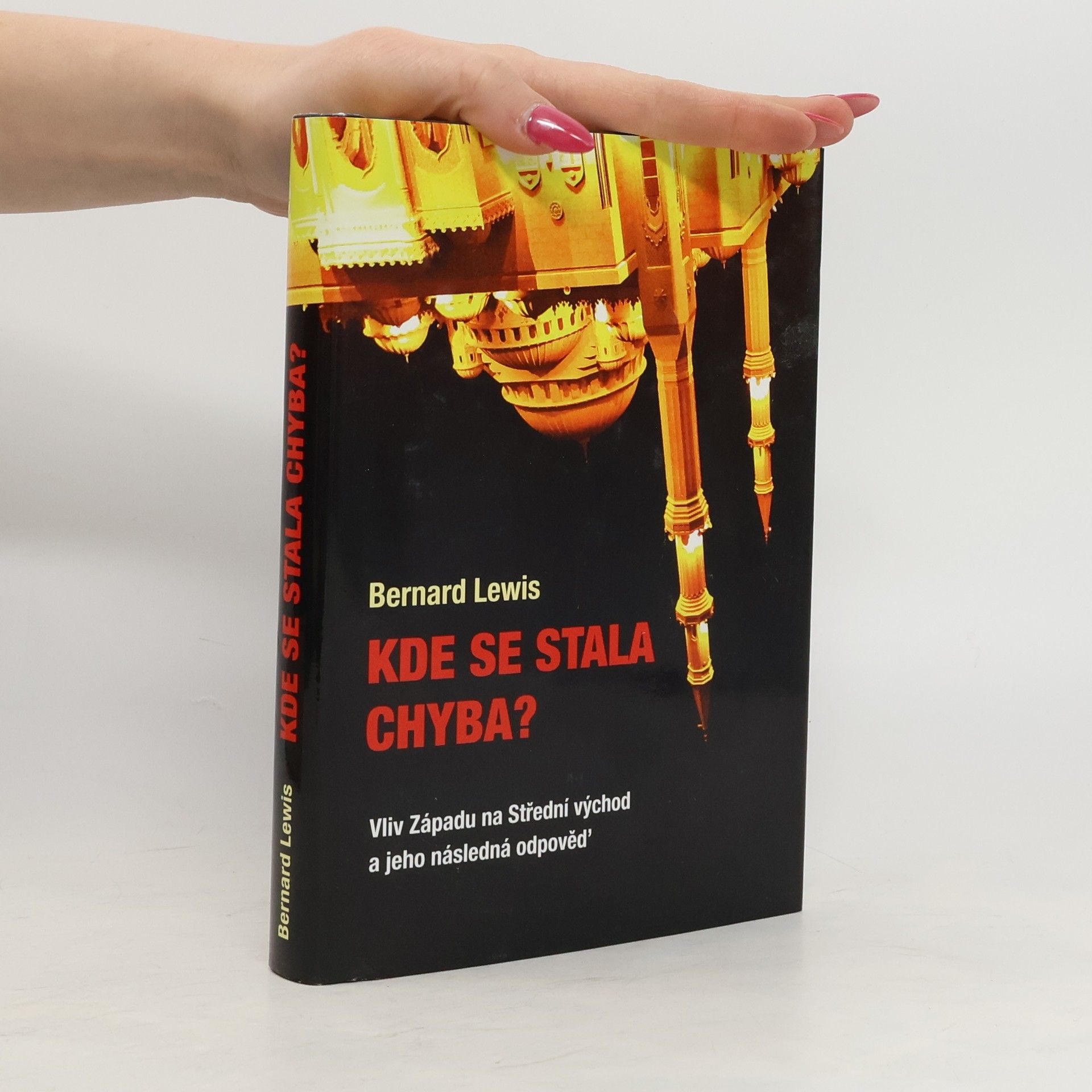

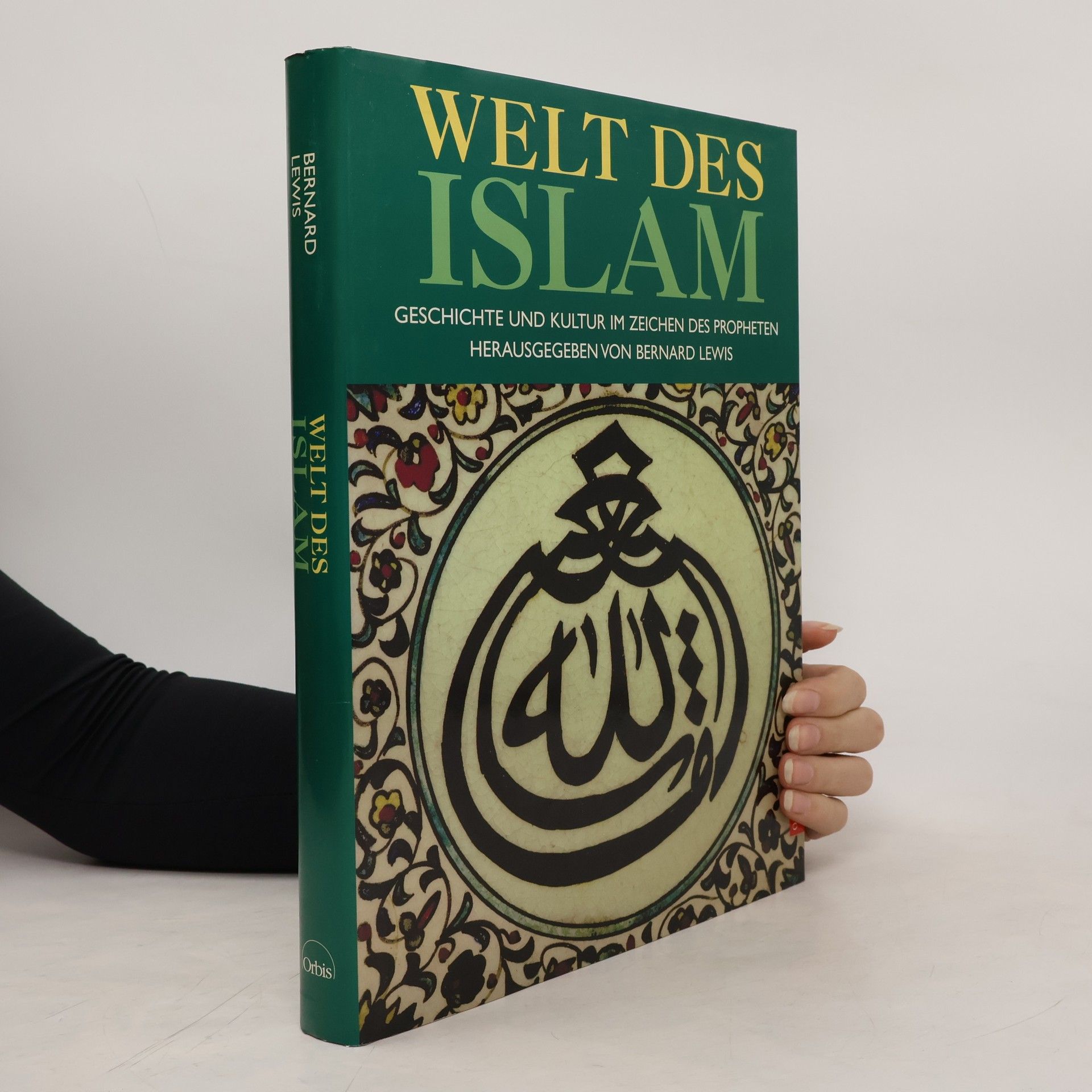
Kniha nás provází dva tisíce let starou historií Blízkého východu od počátku křesťanství, přes zrod a vzestup islámu až do roku 2000.
Kde se stala chyba?
- 216 stránek
- 8 hodin čtení
Vliv Západu na Střední východ a jeho následná odpověď Kniha Bernarda Lewise, emeritního profesora blízkovýchodních studií na Princetonské univerzitě, vypráví příběh islámského Středního východu, který se po několik staletí nacházel v popředí světové civilizace a představoval významnou vojenskou a hospodářskou mocnost tehdejšího světa i jednu z vůdčích oblastí v umění a vědách. Křesťanská Evropa, vzdálená země za severozápadní hranicí islámského světa, byla považována za vnější území temnoty, ovládané barbary a nevěřícími, od nichž se nebylo čemu učit a kterých se nebylo proč obávat. A pak se najednou všechno změnilo, dříve přezíraný Západ začal dosahovat vítězství za vítězstvím, nejprve na bitevních polích, později v obchodě a poté i téměř v každé oblasti veřejného a soukromého života. Bernard Lewis zkoumá fascinujícím způsobem reakci islámského světa na tyto procesy v posledních třech staletích a snaží se porozumět tomu, proč najednou k takové změně došlo a proč byl Střední východ předstižen, zcela zastíněn a nakonec i stále více ovládán opovrhovaným Západem.
Svoboda a spravedlnost v islámu
- 11 stránek
- 1 hodina čtení
The astonishing story of Henry Coombe-Tennant (1913-89), who served in the British Army in World War II, escaping from a POW camp, joining Special Forces and aiding the French Resistance, before working for the British Secret Service in Baghdad and ending his days as a Benedictine monk!
Political Words and Ideas in Islam
- 200 stránek
- 7 hodin čtení
Exploring Islamic political thought, this collection features 11 essays by Bernard Lewis, a prominent figure in Middle Eastern studies. Renowned for his accessible writing, Lewis engages a diverse audience, including scholars, politicians, and journalists, making complex historical insights approachable for the general public. The essays reflect his deep understanding of the subject, offering valuable perspectives on the interplay between Islam and politics.
Notes on a Century: Reflections of a Middle East Historian
- 416 stránek
- 15 hodin čtení
There are few historians like Bernard Lewis, who end up as historical actors in their own right. When we think of the Middle East, we see it in terms that he defined and articulated. In this exceptional memoir, the bestselling author of What Went Wrong? shares stories of his wartime service in London and Cairo as an intelligence officer for MI6. After the war, he was the first Western scholar to enter the Ottoman archives. He explains how he coined the phrase "clash of civilizations" in the 1950s, long before anyone imagined that political Islam would one day pose more of a threat than communism. Then September 11 catapulted him onto the world stage. Notes on a Century chronicles a time of spectacular upheaval in the Middle East-from the Second World War and the founding of Israel to the Iranian Revolution and the Arab Spring. Book jacket.
In times of war and in peace, from the earliest days of the Roman Empire to our own, Westerners have traveled to the lands of the Middle East, bringing back accounts of their adventures and impressions. But it was never a one-way journey. In this spirited collection of Western views of the Middle East and Middle Eastern views of the West, Bernard Lewis gives us a rich overview of two thousand years of commerce, diplomacy, war and exploration. We hear from Napoleon, St. Augustine, T. E. Lawrence, Karl Marx and Ibn Khaldun. We peer into Queen Elizabeth's business correspondence, strike oil with Freya Stark and follow the footsteps of Mark Twain and Ibn Battuta, the Marco Polo of the East. This book is a delight, a treasury of stories drawn not only from letters, diaries and histories, but also from unpublished archives and previously untranslated accounts.
The Jews of Islam
- 262 stránek
- 10 hodin čtení
Portrays the Judaeo-Islamic tradition - a cultural relationship parallel to the Judaeo-Christian heritage. This book traces its origins in the early Middle Ages, its flowering, and its ending, followed by the incorporation of most of the Jews of Islamic countries into the state of Israel. It examines the relations of Islam and other religions.
The Middle East. A Brief History of the Last 2000 Years.
- 448 stránek
- 16 hodin čtení
A 2000-year history of a region stretching from Libya to Central Asia ; concludes with the effects of the Gulf War.
